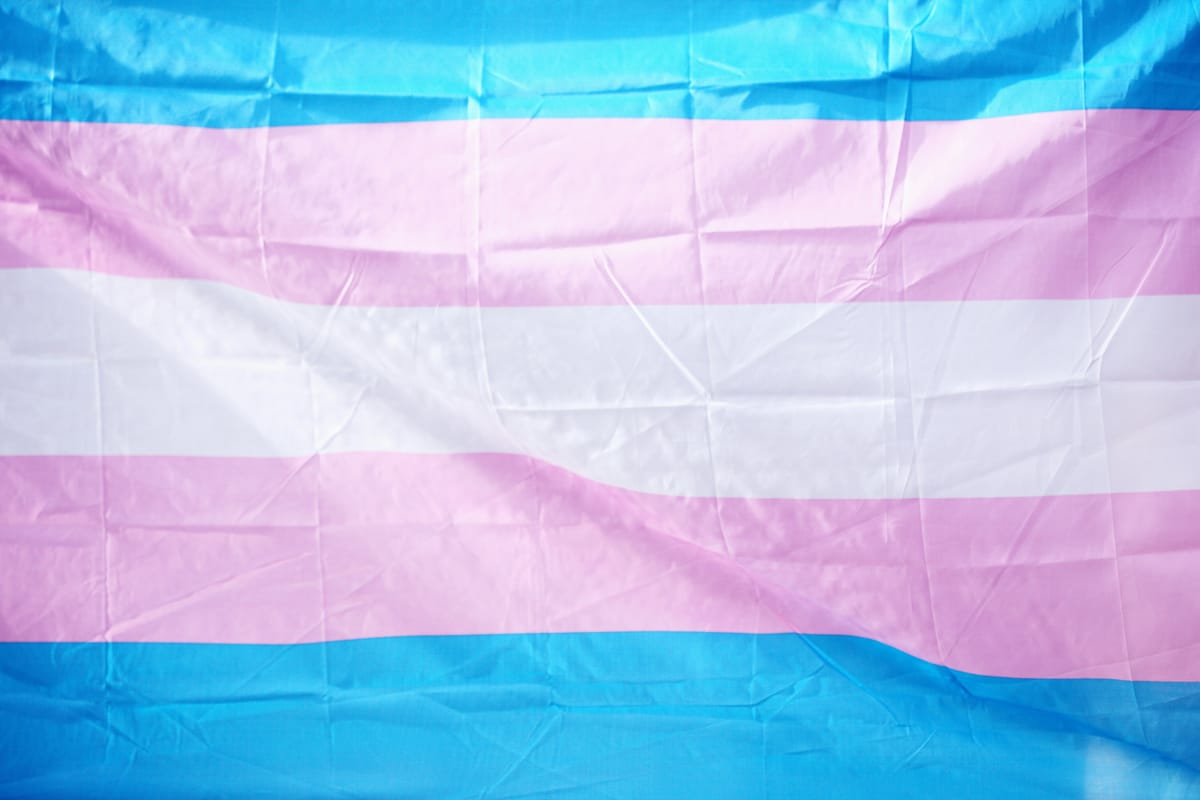Parental Rights Clash With Student Privacy in NJ Gender Identity Case

Legal Battle Over State Policy
NEWARK, N.J. — A Hunterdon County father’s fight with his daughter’s school over gender identity has reached the U.S. 3rd Circuit Court of Appeals. The case challenges New Jersey’s 2018 guidance that allows schools to respect a student’s request to change names or pronouns without notifying parents.
The lawsuit began in January 2024 when Christin Heaps of Pittstown sued Delaware Valley Regional High School after learning officials honored his daughter’s request to use a male name and pronouns without his knowledge. Heaps argues the policy, known as Policy 5756, violates his constitutional rights as a parent.
A federal judge twice ruled against him. Heaps, backed by the conservative legal group Alliance Defending Freedom, is now pursuing an appeal.
Arguments from the School and State
Attorneys for the school district say parental rights do not extend to controlling school policies. In a brief filed Tuesday, attorneys Roshan D. Shah and Ashu Verma wrote that while parents hold significant rights in the care and custody of children, those rights “[do] not support the broad power that Heaps believes he wields — i.e., the power to dictate the school environment and the policies governing it.”
They argued that the Constitution does not grant parents veto power over a high school student’s choice of name or pronouns, stressing that students also have privacy rights. Heaps’s daughter, identified in court as Jane Doe, asked school officials to keep her request confidential.
Attorneys for the state also pushed back, saying Heaps’s broad view of parental authority could disrupt school operations. They compared his stance to situations where students might eat food against family wishes, wear clothing parents oppose, or use different names at school.
“Educators would be subject to disruptive and inconsistent demands, undermining uniformity and predictability at school,” attorneys for Attorney General Matt Platkin’s office wrote. They cited a 1948 U.S. Supreme Court ruling that warned against eliminating anything objectionable to particular groups from public education.
Dispute Over Medical Care Claims
Heaps also claimed the school’s actions interfered with his right to direct his daughter’s medical care. He noted her diagnoses of depression, high-functioning autism, and anxiety, and said she was in therapy.
But the school’s attorneys countered that the therapy was provided by a pastoral counselor with no medical license, and that the child had not been diagnosed with a gender-related condition. They argued that using a student’s preferred pronouns is not medical care.
“The school merely decided not to disregard the student’s voluntary request to be addressed by a particular name and pronouns,” Shah and Verma wrote. They warned that accepting Heaps’s view would mean teachers would need medical licenses to respect such requests.
Case Still Active
The state has sought to dismiss the case as moot since Heaps now homeschools his daughter, who no longer seeks to socially transition. U.S. District Judge Georgette Castner rejected that effort, ruling that the policy remains in place and could apply if the student returns.
School attorneys disputed that reasoning, noting the student has not sought to change her identity in over a year. “The District Court’s decision effectively rests on the assumption that Jane is likely to flip a switch and seek to socially transition when back in school,” they wrote.
The appeals court has not yet scheduled oral arguments.
